Normal Knowledge Check worksheets activities for Ages 4-6
32 filtered results
-
From - To


Rhyming Words: Assessment Worksheet


Force and Interactions: Assessment 1 Worksheet


Let's Check Long Vowels: Assessment Worksheet
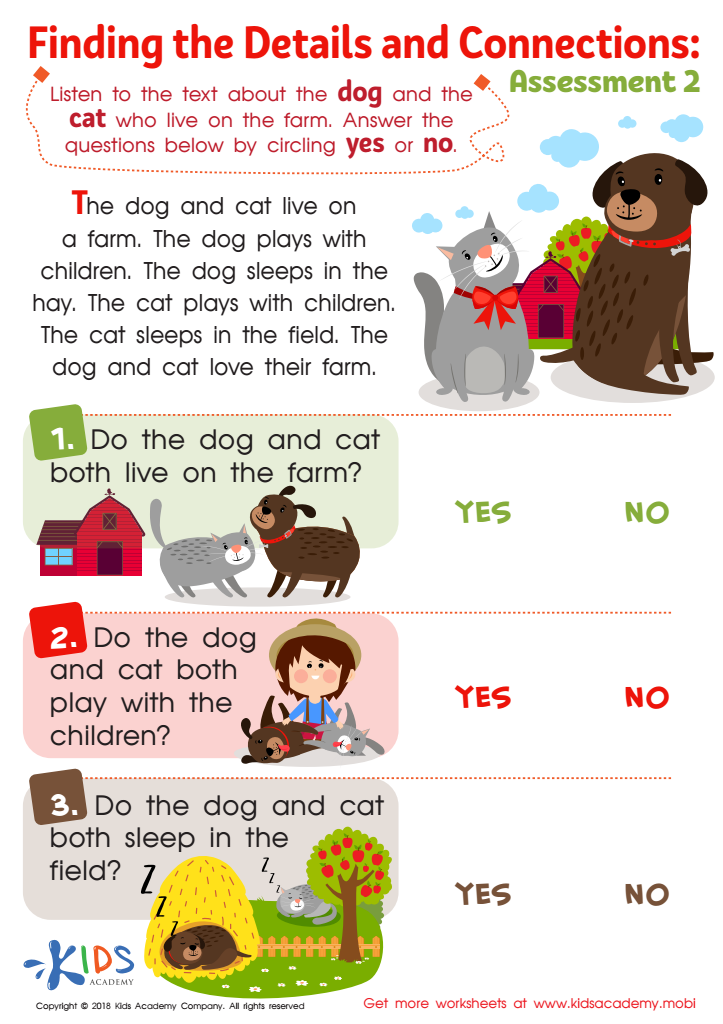

Finding the Details and Connections: Assessment 2 Worksheet
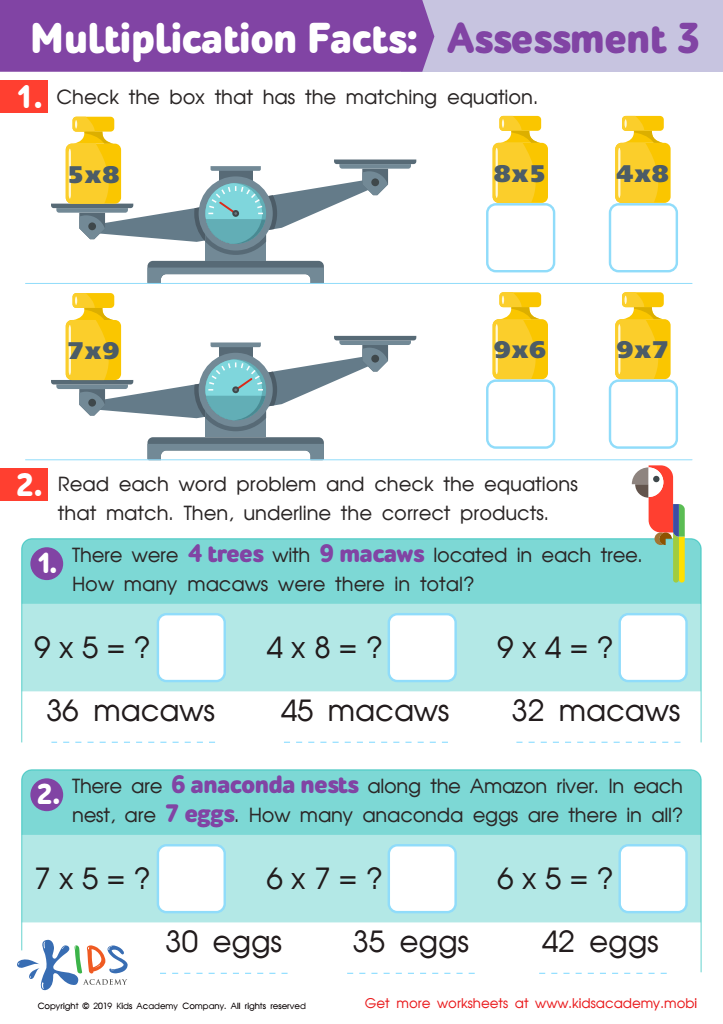

Multiplication Facts: Assessment 3 Worksheet


Vowel and Consonant Sounds: Assessment Worksheet


Space: Assessment 1 Worksheet


Let's Look! Assessment Worksheet
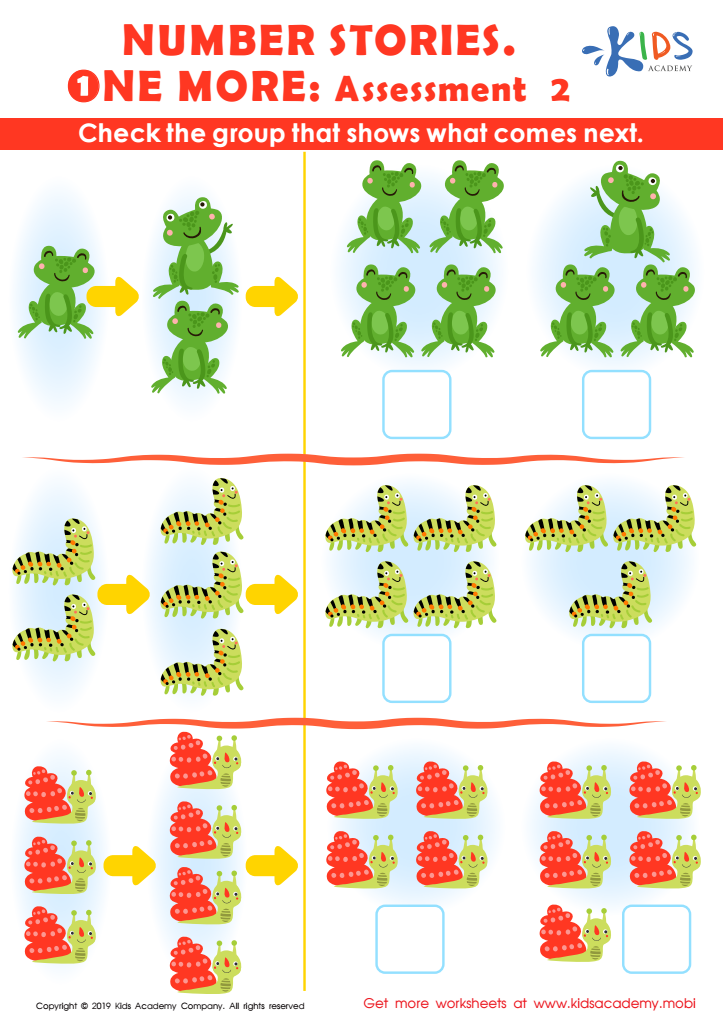

Number Stories One More – Assessment 2 Worksheet
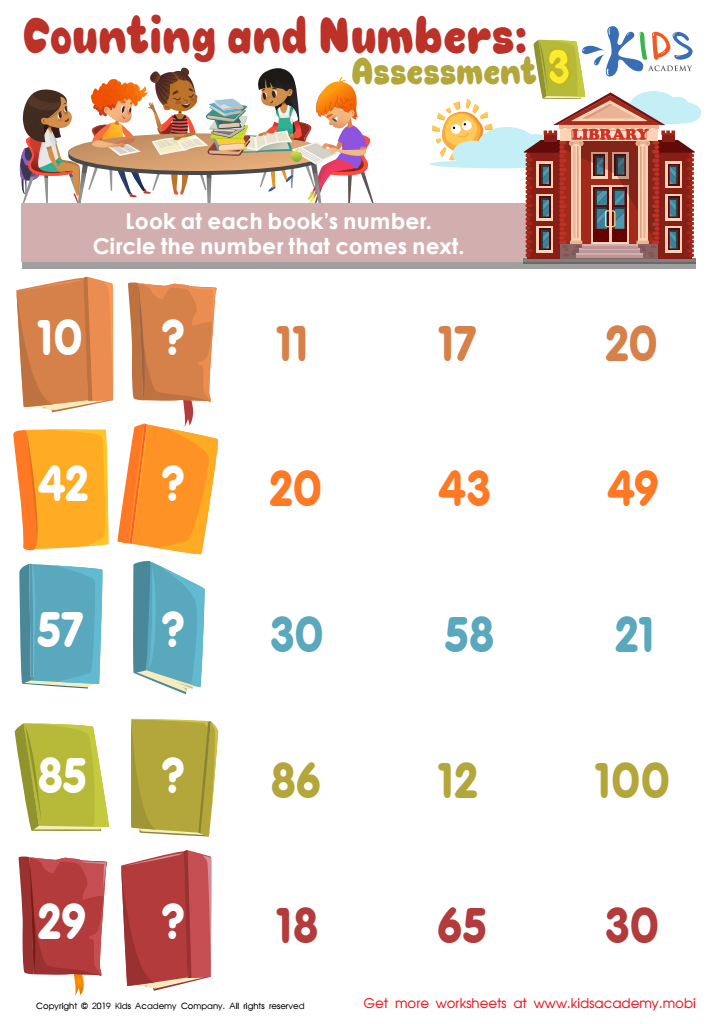

Counting and Numbers: Assessment Worksheet
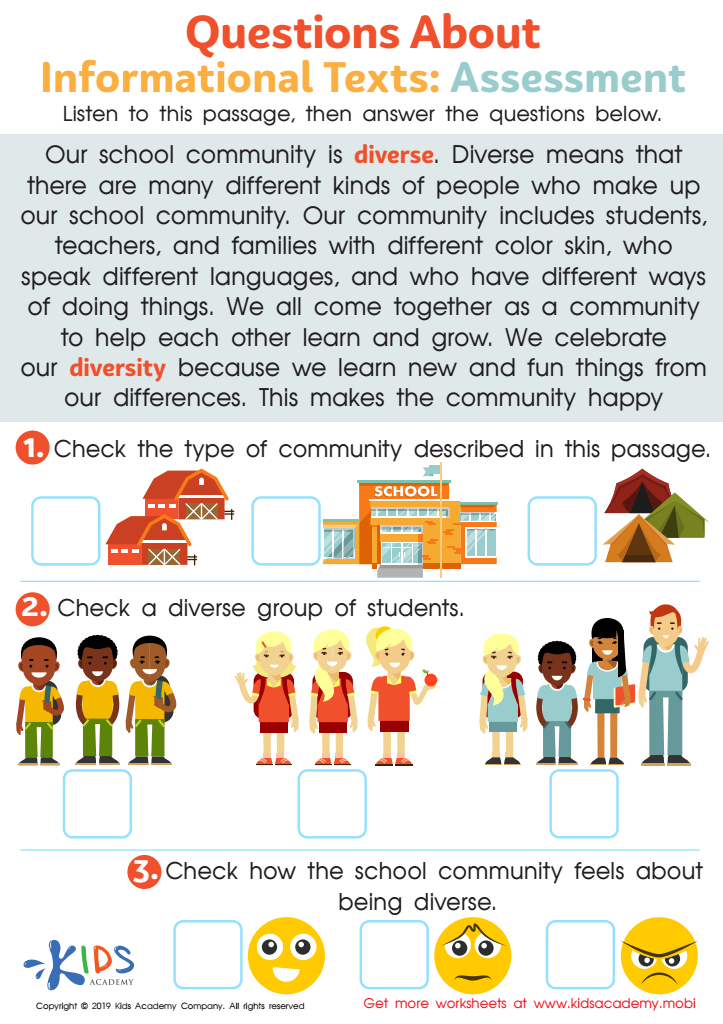

Questions About Informational Texts: Assessment 1 Worksheet
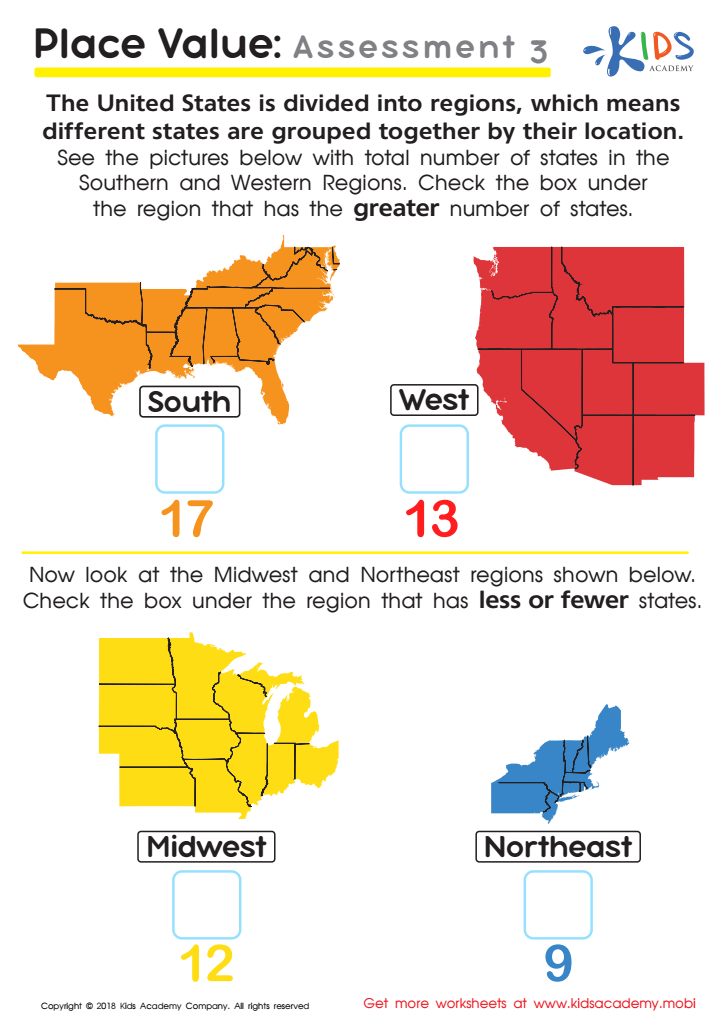

Place Value: Assessment 3 Worksheet
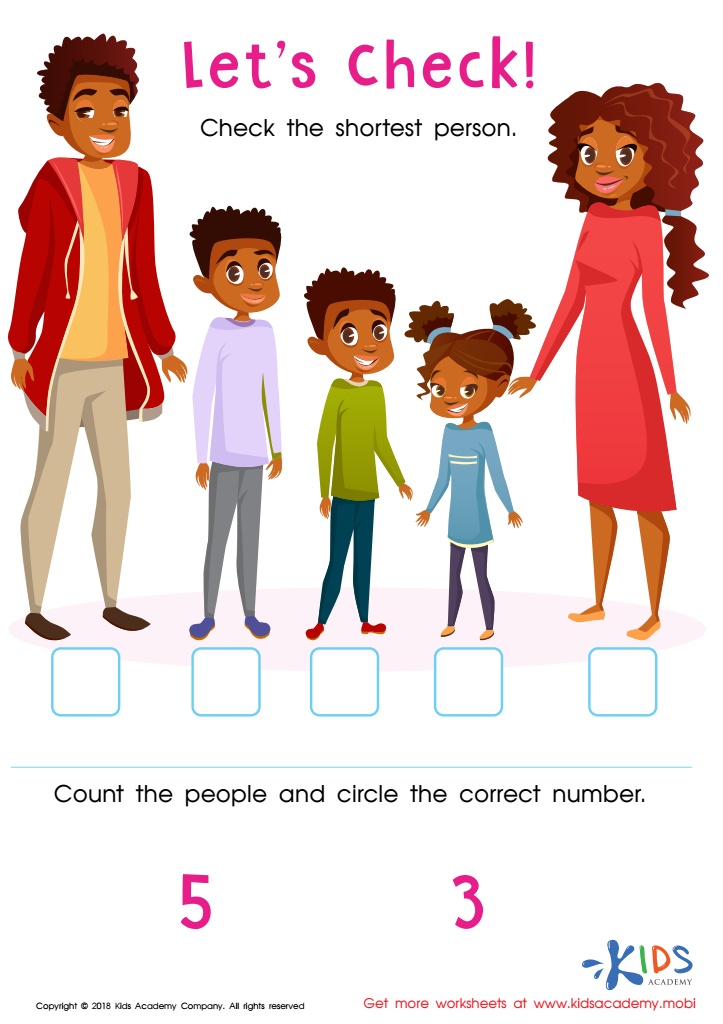

Let's Check! Assessment Worksheet
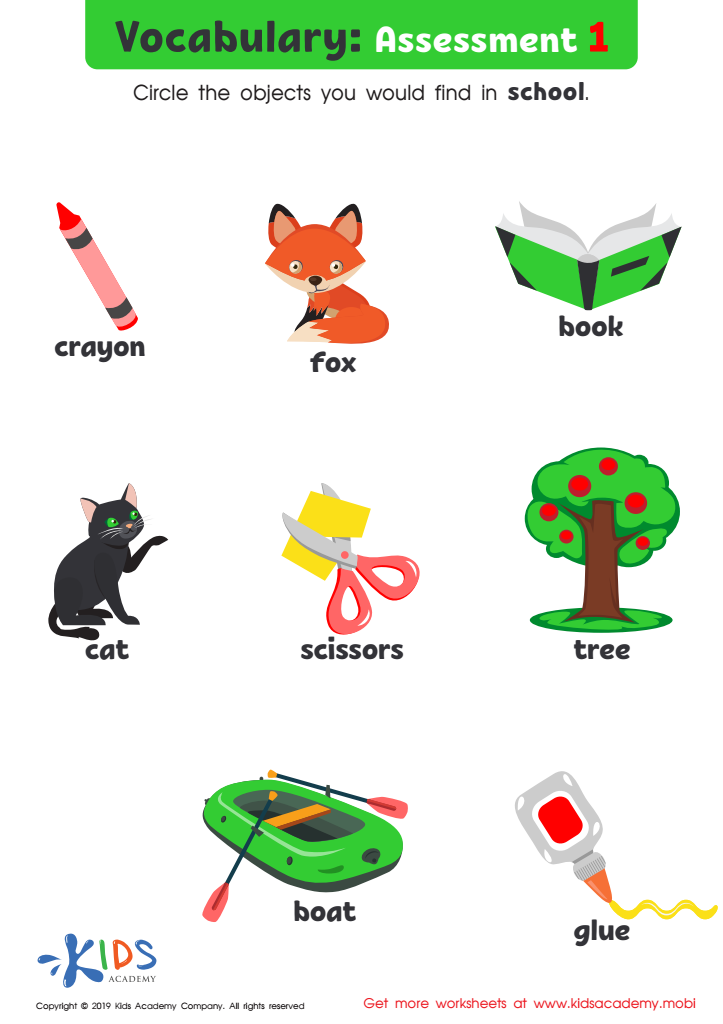

Vocabulary: Assessment 1 Worksheet
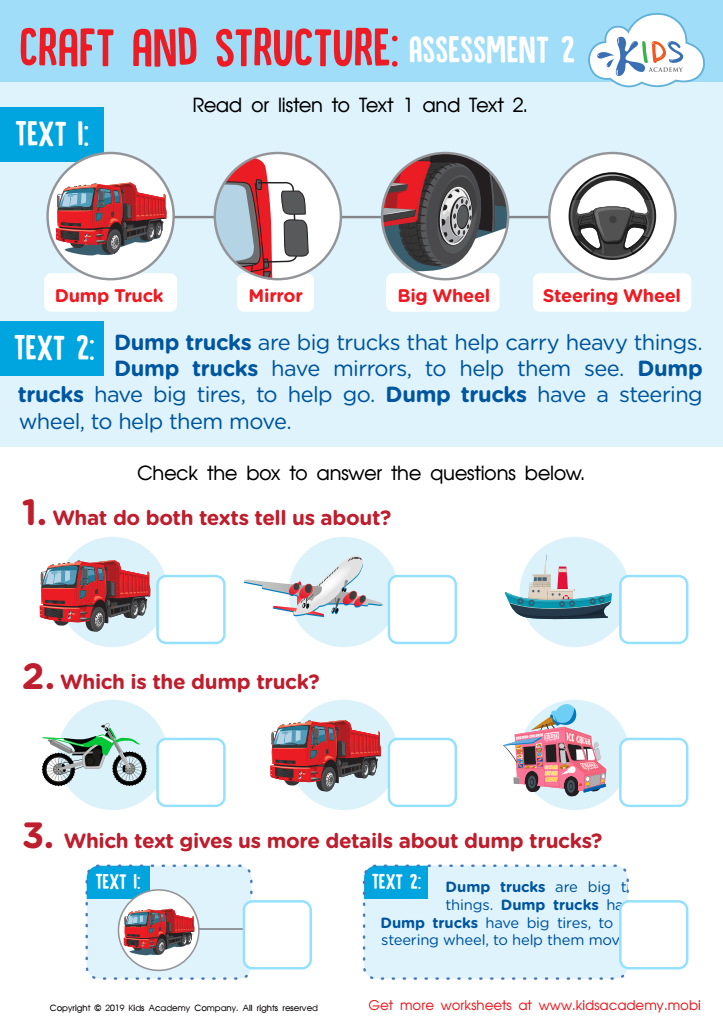

Craft and Structure: Assessment 2 Worksheet
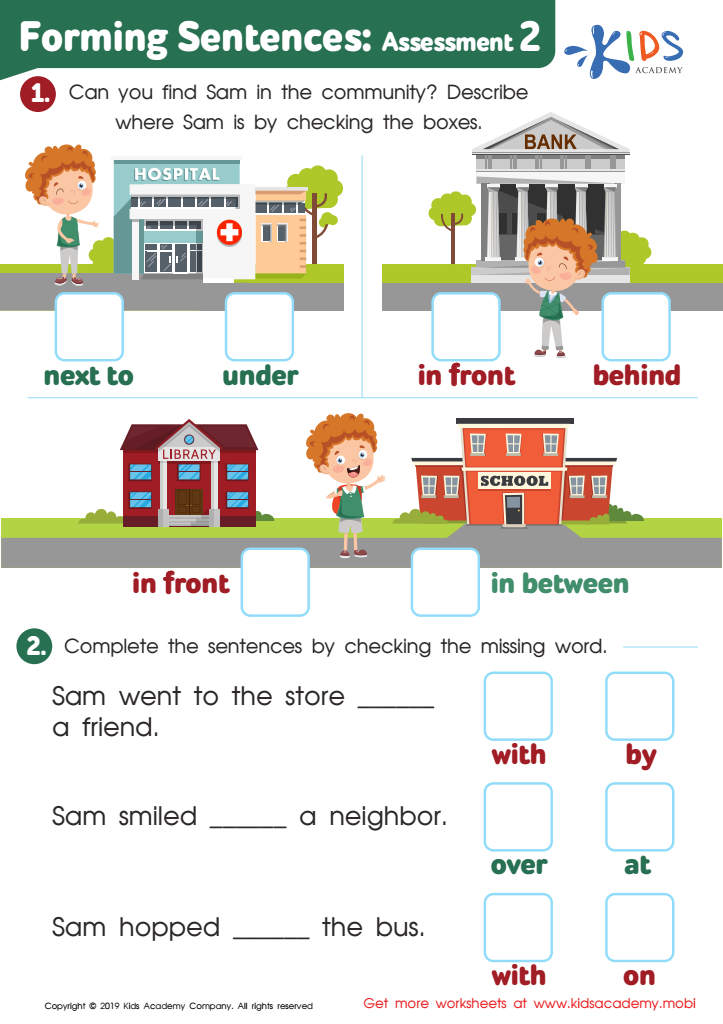

Forming Sentences: Assessment 2 Worksheet
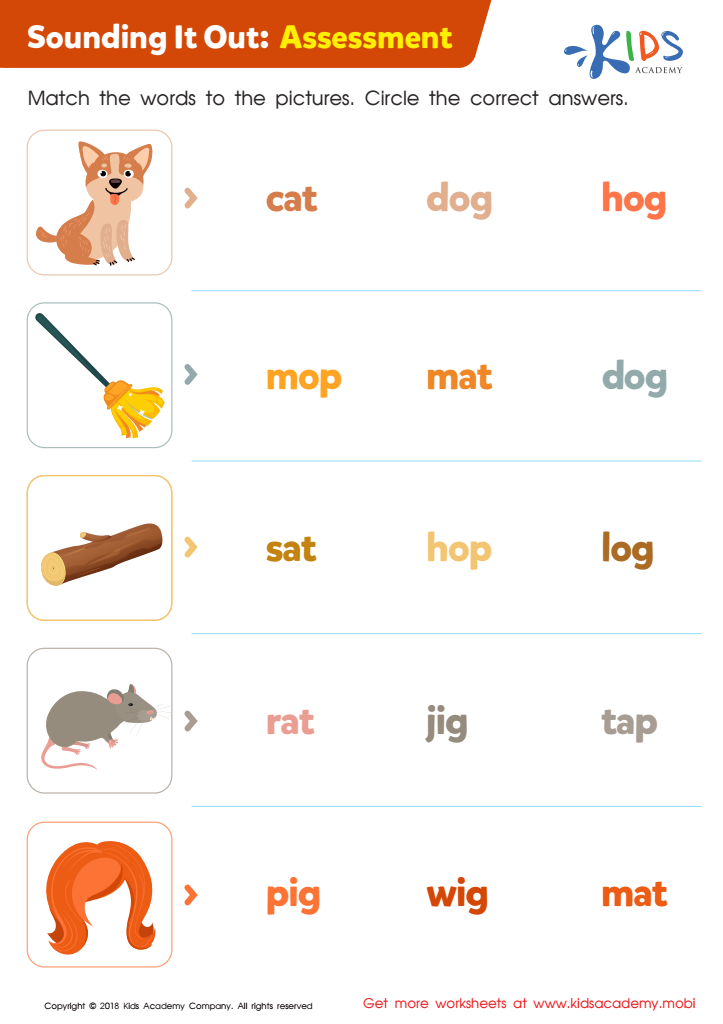

Sounding it Out: Assessment Worksheet
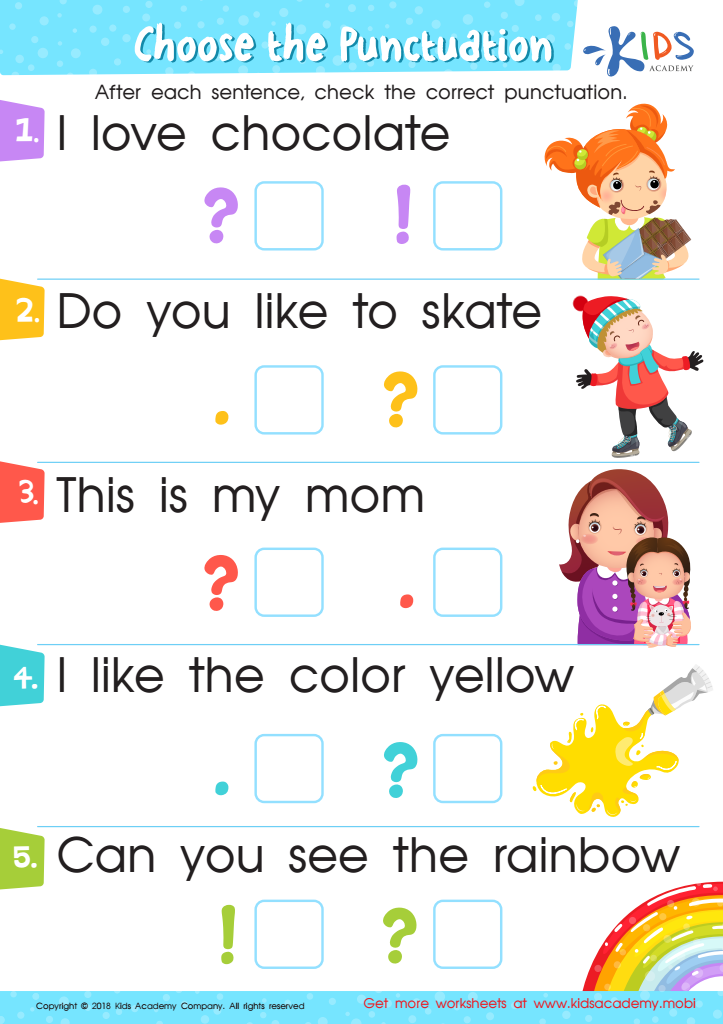

Choose the Punctuation: Assessment Worksheet
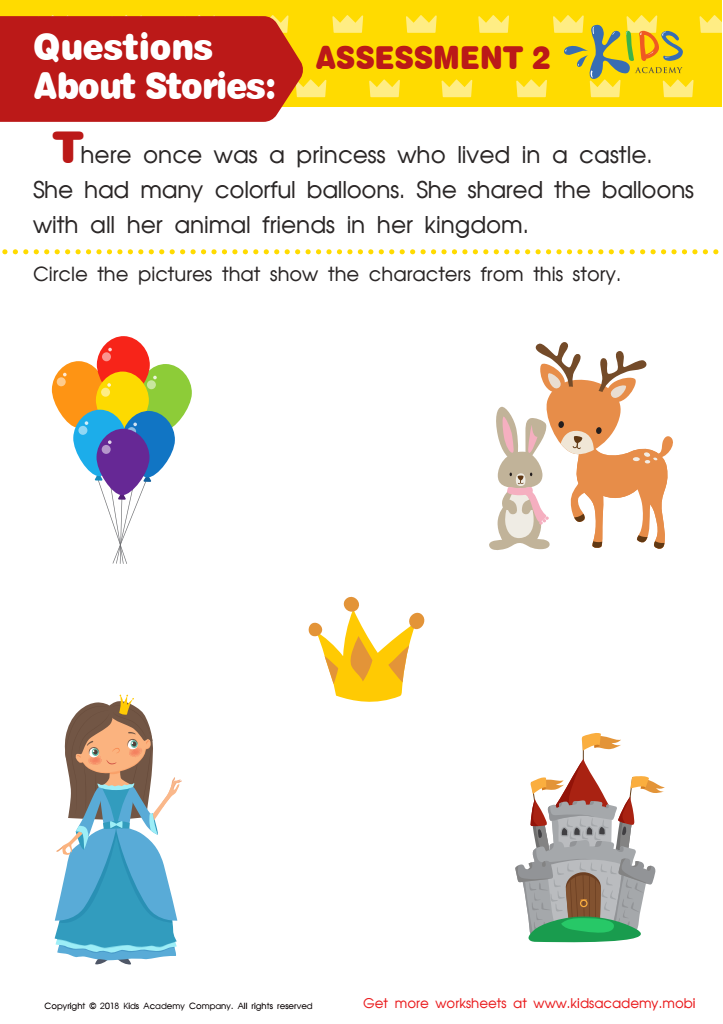

Questions About Stories: Assessment 2 Worksheet
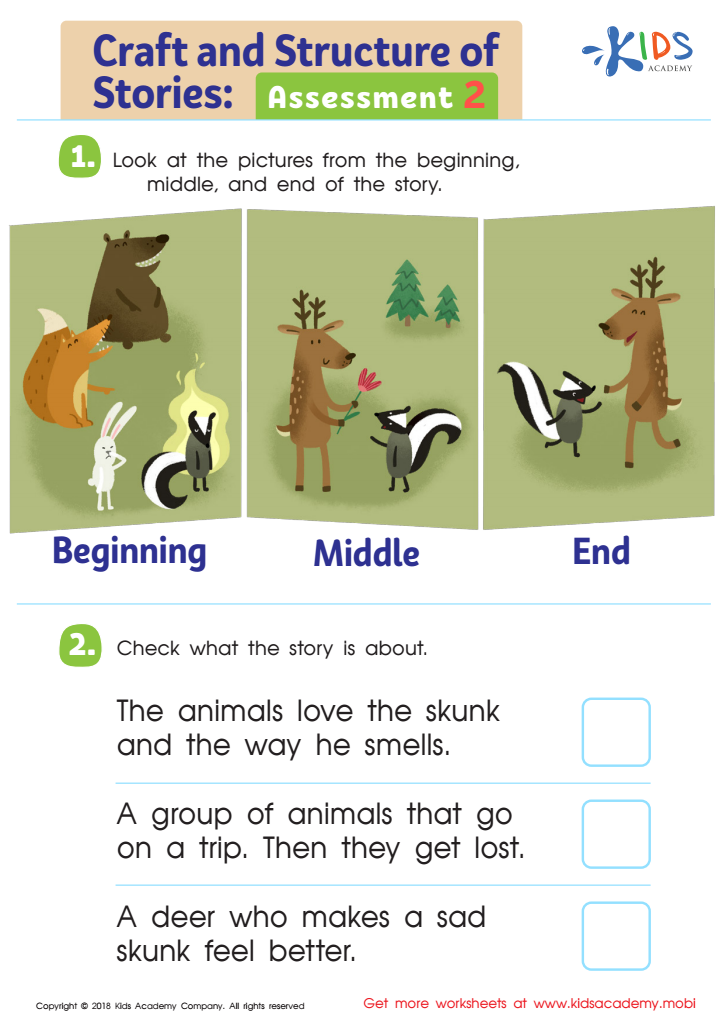

Craft and Structure of Stories: Assessment 2 Worksheet


Light and Sound: Assessment 2 Worksheet


Word Problems: Assessment 2 Worksheet
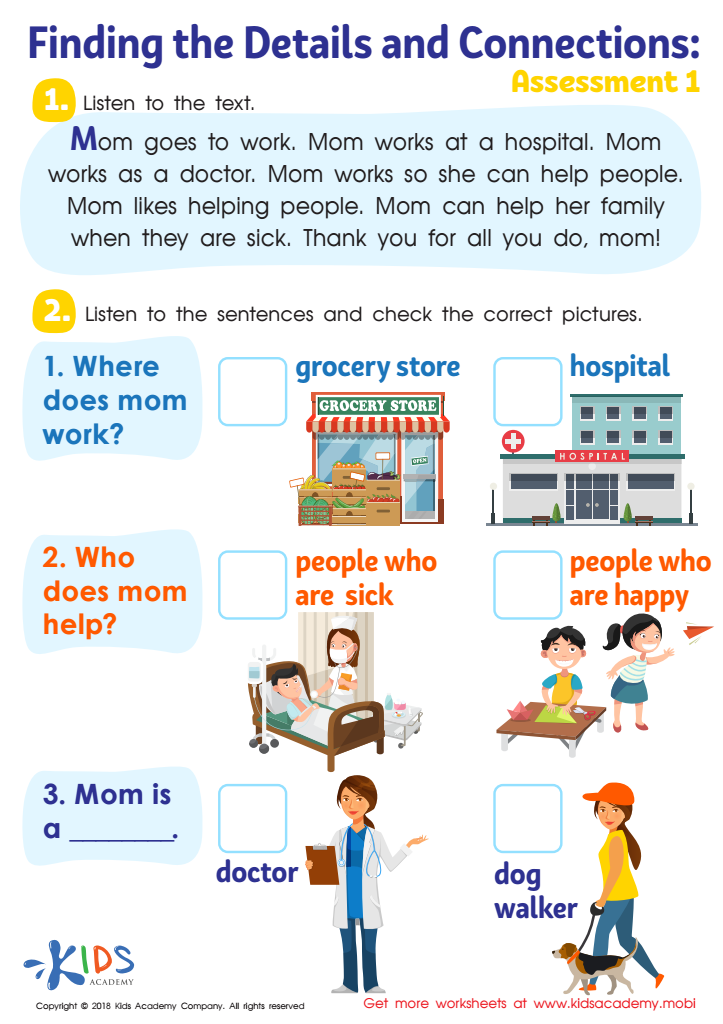

Finding the Details and Connections: Assessment 1 Worksheet


Long and Short Vowel Sentences: Assessment Worksheet
Normal Knowledge Check worksheets activities are designed to be an instrumental tool in reinforcing and assessing students' understanding of various subjects. The usefulness of these activities cannot be overstated, as they provide a structured approach to learning that benefits both educators and learners in several ways.
Firstly, Normal Knowledge Check worksheets activities facilitate the consolidation of information. Through the repetitive and focused nature of these tasks, students can internalize key concepts and facts, enhancing their retention over time. This method of reinforcement is crucial for building a solid foundation in any subject matter, allowing students to progress with confidence.
Moreover, these worksheets serve as an invaluable assessment tool. Educators can gauge the effectiveness of their teaching and identify areas where students may require additional support. This immediate feedback mechanism enables a responsive teaching environment, where instruction can be tailored to meet the diverse needs of learners. Consequently, Normal Knowledge Check worksheets activities promote a personalized learning experience, ensuring that no student is left behind.
Engagement is another significant benefit. Normal Knowledge Check worksheets are often crafted to include a variety of question types and challenges, sparking students' interest and curiosity. This diversity not only caters to different learning styles but also keeps the learning process dynamic and engaging. Students are more likely to participate actively in their learning when they find the activities stimulating and relevant.
Furthermore, these worksheets activities are versatile and can be used across different educational settings and for various age groups. Whether in a classroom, at home, or in a remote learning scenario, Normal Knowledge Check worksheets provide a consistent and accessible way for students to engage with their learning material.
In conclusion, Normal Knowledge Check worksheets activities are a fundamental resource in education. They support the reinforcement of knowledge, facilitate assessment, enhance engagement, and offer flexibility in learning. By incorporating these activities into their teaching strategies, educators can significantly improve the learning outcomes for their students.
 Assign to My Students
Assign to My Students






















